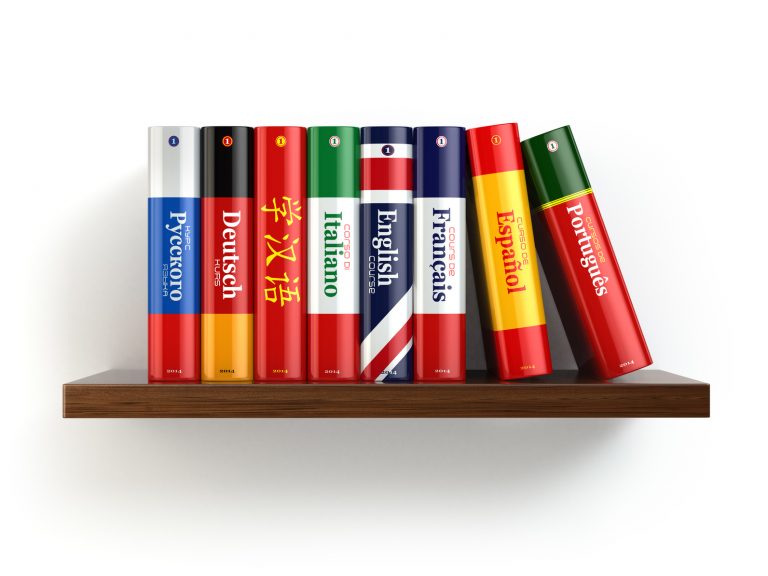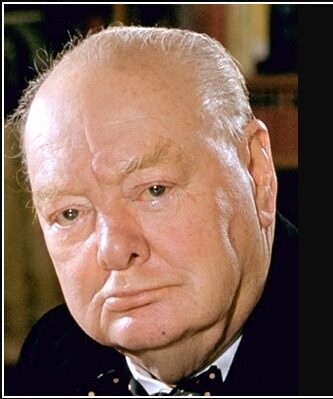
The addition of new words to any language is usually linked to the progress of history. For example, many words from Hindi were absorbed into English during the time of Britain’s colonial occupation of the Indian subcontinent. Those words include:
Shampoo (Liquid soap for washing the hair.)
Bandana (Fabric, usually brightly coloured, rolled up to wear around the neck or as a band around the top of the head.)
Khaki (Light brown colour – similar to that of most army uniforms.)
Veranda (A roofed deck around the outside of a house to provide shade for dining, relaxing, entertaining and so on.)
Avatar (A perfect example of something: “An avatar of his time and a thinker whose ideas remain as relevant today.” Or an icon in a video game representing a character.)
Loot (To rob, usually by many people after a natural disaster like an earthquake or hurricane. As a noun, the proceeds of robbing or, in a slang sense, money in general: “Let’s go for a burger. Do you have any loot on you?”)
Guru Originally a spiritual leader in Sikhism, one of India’s main religions. Later used to describe anyone who is or claims to be an expert: “The professor here is a guru on early Italian tapestries.”)
While Britain had and still has a close relationship with India, the opposite was true of Japan.
During the period of Japan’s isolationist policy (sakoku), from the early seventeenth to the mid-nineteenth centuries, Japanese people weren’t allowed to have contact with the West.
Only one Japanese word was adopted during this period, because language – before the age of mass media – was spread entirely through personal contact.
In 1868, sakoku was repealed and, two years later, Japanese words began arriving rapidly. This was helped by Western interest in Japanese culture as well the opening of trade routes.
Today, the Oxford English Dictionary lists 508 Japanese words. Most are not in common use in everyday English but are used where matters of Japanese customs, style, art or cuisine are discussed among experts.
Only two Japanese words are in common business use:
Tycoon (A person of massive wealth and power.) Its original meaning in Japanese was great prince or high commander.
Kaizen (A style of Japanese developed management based on continuous improvement of systems, quality, personal efficiency and so on.)
Other Japanese words found in English describe something uniquely Japanese:
Origami (Sculpture created by folding paper.)
Bonsai (The art of growing and tending miniature trees.)
Haiku (A poem in three lines.)
Kimono (A loose robe with long wide sleeves closed with a sash around the waist.)
The influence of other European languages
As you can see from the chart, the foreign languages that have contributed most words and phrases to modern English are Latin, French and the Germanic languages which include Old and Middle English.
When learning English, it is often helpful to know the origin of words as this will help in understanding their meaning and will make spelling more intuitive.
This subject is, of course, a wide ranging one and far beyond the scope of this article. Volumes of work exist on the origins of English words and phrases and the online source www.etymonline.com is highly recommended for quick, easy referencing.
Here are some words and their European origins that may surprise you.
German: firm, knight, noodle, bagel, hamster, knapsack, abseil, monkey, Altzheimer’s disease, angst, aspirin, waltz
French: negotiate, jacket, farmer, parachute, magazine, cinema, finance, contract, accountant, fuselage, hotel, leopard
Latin: naïve, atrocity, mundane, futile, reprisal, obvious, insipid, conglomerate, avarice, flux, languid, celibate, agenda
The English language is a true reflection of its history.
European history and language can be traced back to the Proto Indo-European (PIE) period when settlers who were based in what are now Russia, the Ukraine and Moldova began to explore further north and west. They eventually settled in Britain, bringing their language with them and, still today, we use countless words derived from PIE.
From around 3,500 years BCE (Before Common Era) to the present day, English is perhaps the world’s richest, most varied and interesting language.
If you liked, then please subscribe to our YouTube Channel for video content. You can also find us on Twitter, Facebook, Instagram and Linkedin.




